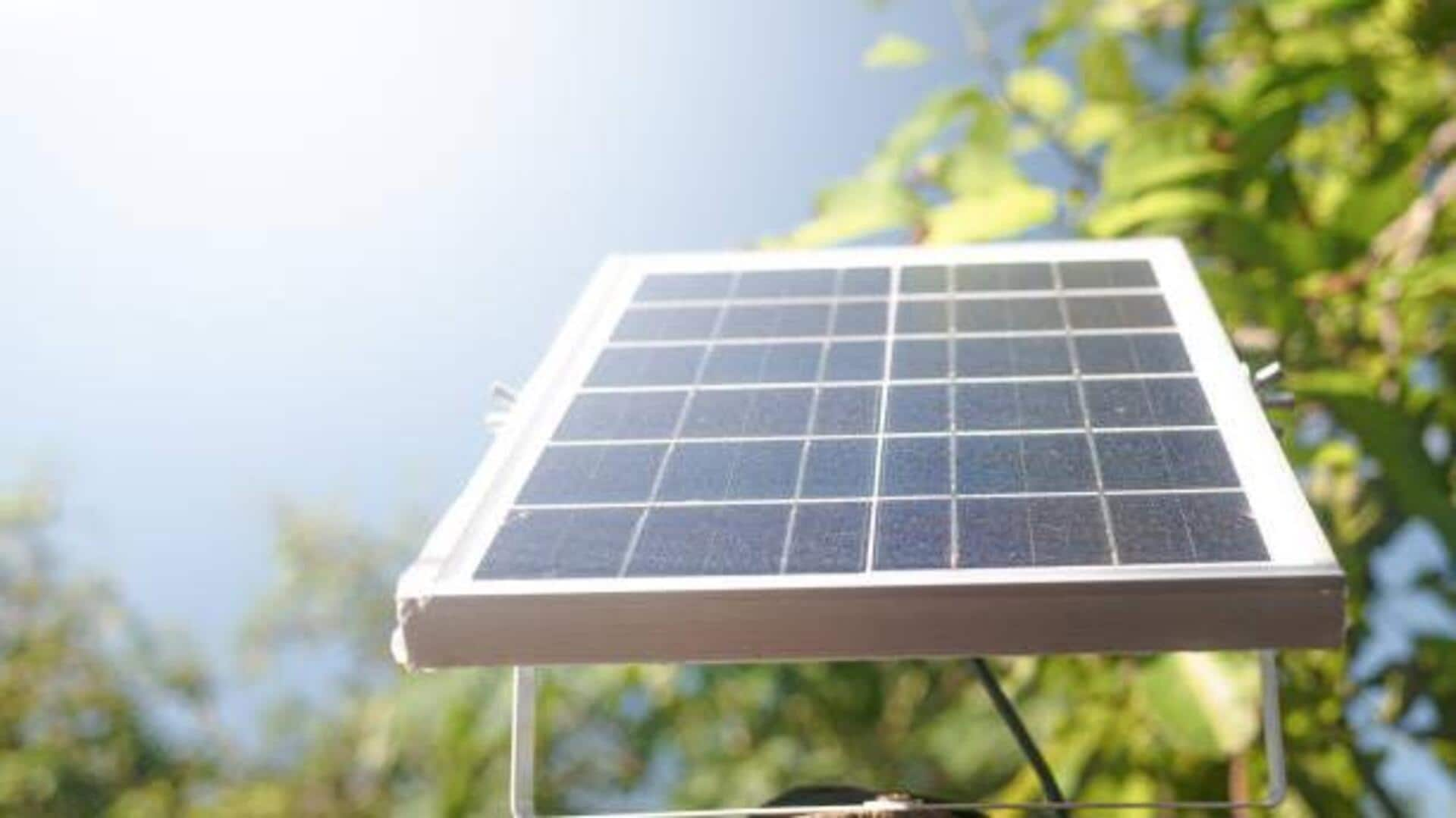
Thrifty solar charger projects in Africa
What's the story
Millions of people in Africa lack access to electricity, leaving them reliant on solar power for basic needs. This article features cost-effective solar charger projects that utilize Africa's plentiful sunshine. These DIY projects do more than just offer a renewable energy source. They foster environmental stewardship and technological innovation at the grassroots level.
Recycling
Utilize recycled materials
The cheapest way to make a solar charger is to recycle! Old garden lights are perfect for this. They have small solar panels and rechargeable batteries inside. Take apart the lights, and voila! You've got yourself a basic solar charger for your phone. This method is great because it's not only cheap, but it also helps cut down on electronic waste.
Collaboration
Partner with local workshops
Working with local workshops or technical schools makes building a solar charger much more affordable. Many workshops are happy to lend tools and expertise for a small fee or even for free, particularly if the project has a positive impact on the community. This collaboration gives people the chance to use professional-grade equipment and receive technical advice without having to buy expensive tools or materials on their own.
Group buying
Bulk purchase components
By coordinating a group purchase for components (solar panels, batteries, circuit boards, etc.), you can save a significant amount of money. Suppliers typically provide discounts for large orders, so this would be a cost-effective solution for individuals or small groups with similar project needs. Plus, it's not just about cost saving. This initiative will help in building a community of like-minded individuals, who are contributing to sustainability and innovation.
Funding
Government and NGO grants
Occasionally, government initiatives or NGOs provide grants specifically for renewable energy projects, including DIY solar chargers. By actively researching these opportunities, you can secure financial assistance, potentially covering the entirety of your project costs. While the application process may involve some paperwork and the need to meet certain criteria, accessing such funding can significantly reduce the financial burden of undertaking these projects.
Learning
Online tutorials and forums
The internet is your best friend for DIY solar charger projects. Tons of tutorials offer step-by-step instructions for various skill levels and complexities. Online forums are goldmines for questions, sharing experiences, and getting tips from people who've already done what you're trying to do. Leveraging these free resources not only deepens your understanding of solar technology but also minimizes errors that might result in additional costs.